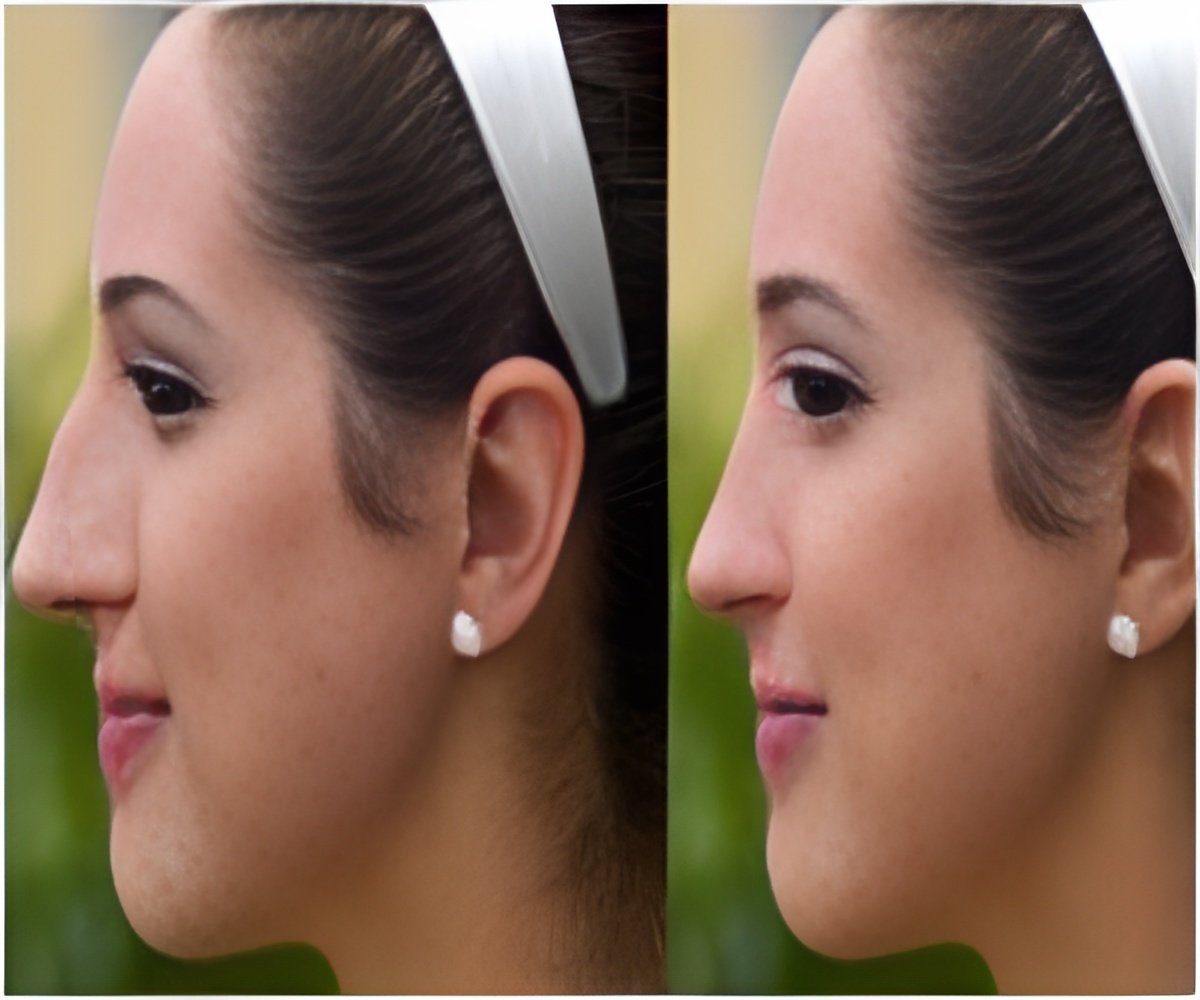
‘Surgeons must be steadfast in prescribing an appropriate amount of pain medication after surgery to mitigate the misuse or diversion of physician-prescribed opioid medications.’
Tweet it Now
The number of opioid prescriptions has risen dramatically in the United States at the same time as deaths due to opioid overdose have increased. Opioids are commonly prescribed after rhinoplasty, which was performed an estimated 218,000 times in the United States in 2015. Characterizing opioid use after rhinoplasty could help identify ideal amounts to prescribe. 62 patients who had rhinoplasty in two private practices and an academic health centre participated in the study. Self-reported use of opioids (tablets with 5 mg of hydrocodone bitartrate and 325 mg of acetaminophen); pain control and adverse effects.
This was a case series, which describes the clinical course or outcomes of a group of patients. Researchers may be taking care of the patients but cannot control for exposures or differences that could explain patients' outcomes and cannot prove a cause-and-effect relationship. Case series provide useful information that help suggest theories to test using more formal research study designs.
Sagar Patel, M.D., of Facial Plastic Surgery Associates, Houston is the author of the study along with other coauthors. Patients used an average of nine hydrocodone-acetaminophen tablets after rhinoplasty; 46 patients (74 percent) used 15 or fewer tablets; and only three patients required refills of the pain medication. The number of tablets used was not associated with the sex or age of the patients or different surgical components. The most common adverse side effects were drowsiness, nausea, light-headedness and constipation.
Medication was assessed by patient self-report and not measured directly. "To mitigate the misuse or diversion of physician-prescribed opioid medications, surgeons must be steadfast in prescribing an appropriate amount of pain medication after surgery."
Advertisement












